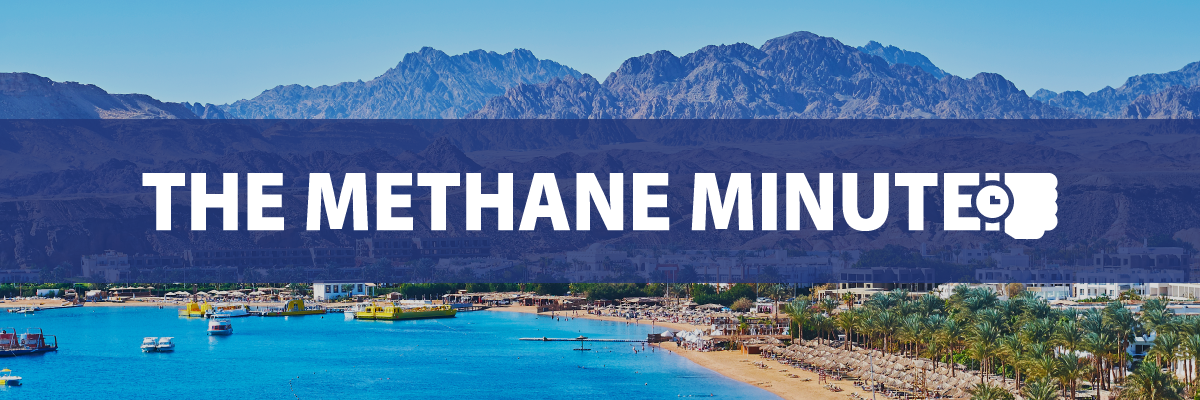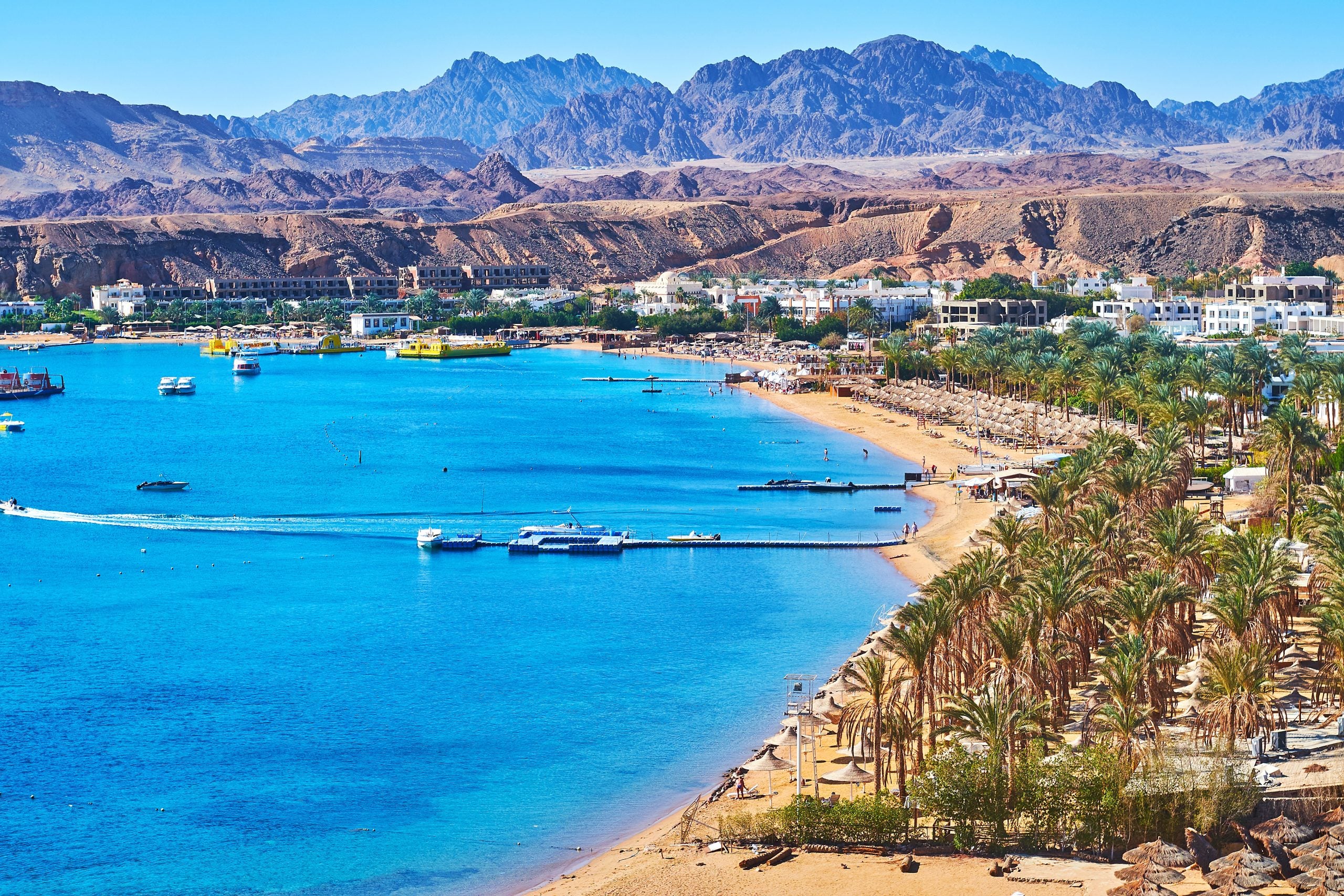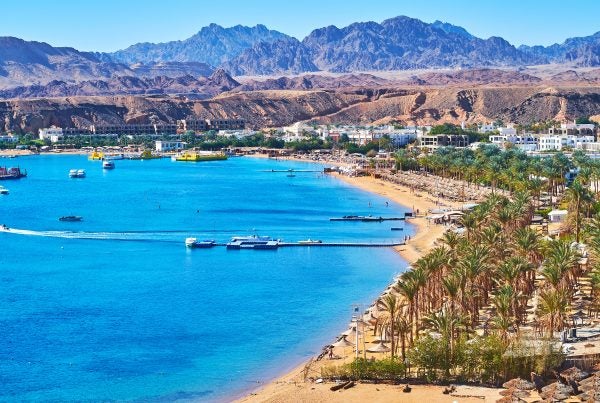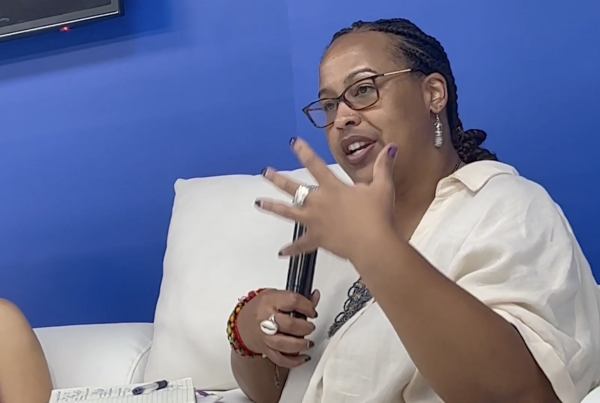
Hello everyone and happy Wednesday.
Has anyone else been getting repeatedly, badly lost around the Blue Zone, or is it just us? Also, please forgive us for slow responses, the wifi has been – shall we say – challenging. With the World Leaders Summit come to a close and we’re all getting a bit more familiar with the layout, hopefully the logistical stressors will ease. Now the real work begins.
Yesterday, we got some welcome news from the High-Level Expert Group on Net-Zero, which was out with its recommendations for circumscribing greenwashing by non-state actors. The report, led by former Canada Environment Minister Catherine McKenna, was a strong start if this COP is to result in meaningful implementation in line with Paris goals. (Read more about it below.)
We kicked off our full schedule of methane programming Tuesday and have many more expert events on the horizon. This newsletter will continue to highlight the next days’ schedule, but you can always view and subscribe to our full calendar at MethaneMoment.org.
Priority Announcements
News: U.S., China agree to methane cooperation: Climate Envoys John Kerry and Xie Zhenhua announced a deal to cooperate on methane emissions reductions, protecting forests and phasing out coal. Xie said Tuesday that China’s national methane control plan is now “complete” and a “preliminary target” is set (the U.S. released its national methane action plan at COP26 last year).
U.S. State Department and Bloomberg Philanthropies launch $3m Subnational Climate Action Leaders’ Exchange (SCALE). From the release:
SCALE will empower subnational champions to drive ambition at the national and international level and will leverage action and advocacy organized around a set of high-level thematic and sectoral goals needed to keep a 1.5-aligned, climate-resilient future within reach. The initiative will expand the number of subnational entities committed to ambitious climate targets; connect them to relevant tools and resources and support the development of additional programs and technical assistance; showcase the efforts of leading cities, states, and regions and facilitate peer-to-peer exchange and capacity building; and promote multi-level and cross-sector dialogue, including opportunities to mobilize finance for subnational action at scale.
In its first phase, it will focus on accelerating implementation of the Global Methane Pledge and its call for a 30% reduction in methane emissions by 2030.
Grading on a curve: The Pledge passes, but barely. From the Washington Post:
This year, several countries adopted policies to curb the pollutant. The United States passed its first-ever charge on methane as part of the Inflation Reduction Act, and the Environmental Protection Agency is expected to strengthen its proposed rule clamping down on these emissions from oil and gas operations. Signs of progress are also coming from the European Union, Nigeria and Colombia, among other nations, said Antoine Halff, co-founder of the satellite analysis firm Kayrros. And many signatories to the methane pledge are expected to publish their plans for following through at the meeting in Egypt.
At the same time, the International Energy Agency warns that actual methane emissions are 70 percent higher than what countries are reporting. And new research from the World Meteorological Organization shows that atmospheric concentrations of the gas are rising faster than ever. Scientists say the increases bear a chemical fingerprint of coming from biological sources, such as burping cattle or decomposing wetlands. This could be evidence of a “climate feedback” in which rising temperatures cause ecosystems to release more methane, which then fuels even greater temperature rise.
Win at the COP trivia contest: Follow along with our friends at E3G and their #GasFact of the day.



